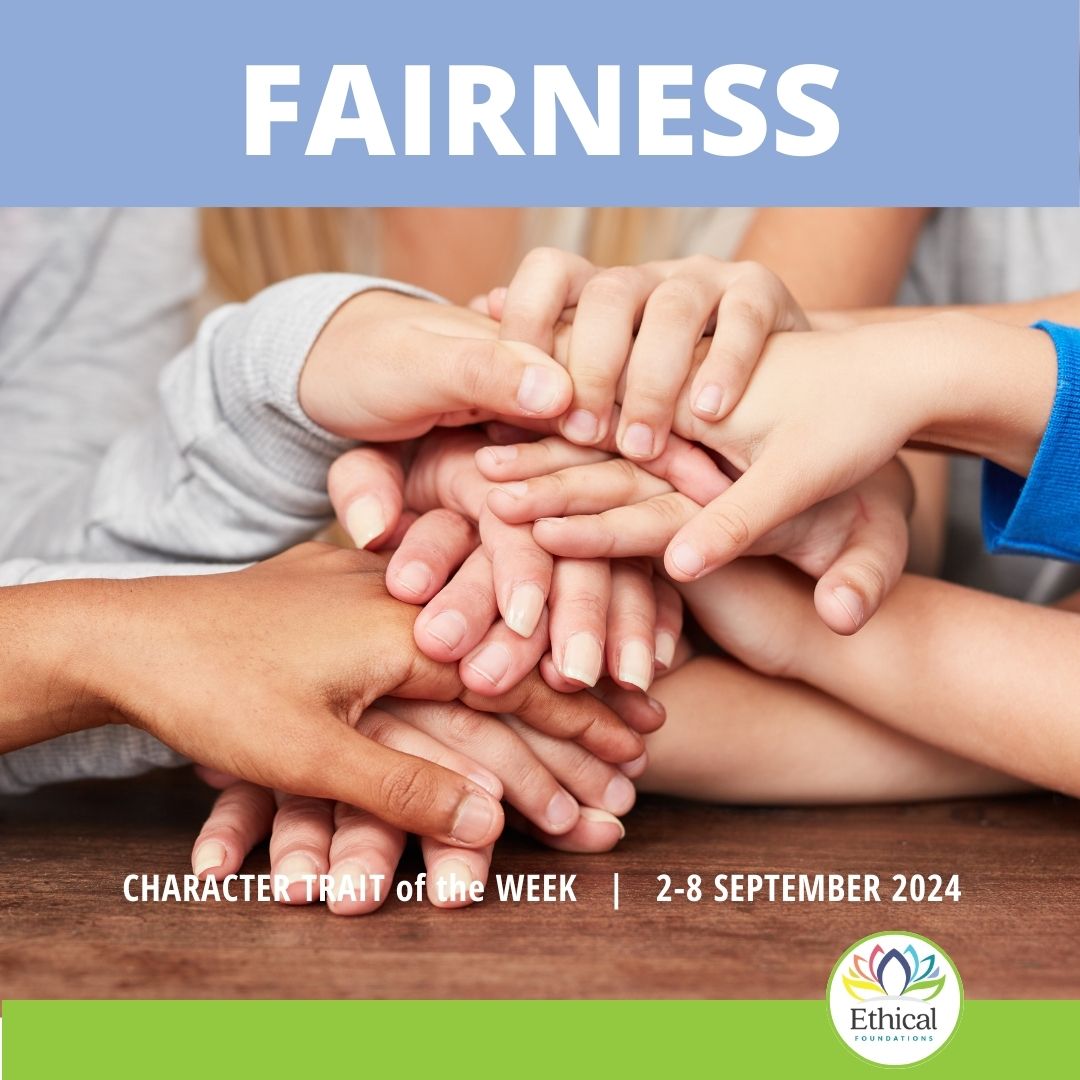02 Sep FAIRNESS
Instilling fairness in children
Instilling fairness in your child helps them build friendships, teaches the value of generosity, and helps them understand boundaries.
‘It’s not fair!’ is what many parents hear their child cry out.
I remember hearing about a parent whose two children were arguing about what TV show to watch as they both wanted to watch a show simultaneously, but it was a different show to their sibling.
By asking them to figure out what would be fair amongst themselves and get back to them, their parent empowered them to find a solution.
The children realised they had to communicate non-argumentatively to find a solution they were both happy with.
The daughter wanted to watch the talent show. The son wanted to watch his favourite team play.
They agreed that the daughter should watch her show for the first hour because she enjoyed the show’s start when people were all introduced. The son was more interested in the final result of the game.
Because these children had to devise a solution, they further developed their communication skills.
Teamwork was required, plus respect and empathy for each other’s situation.
Instilling fairness, and other values, in your child is always about more than just values.
It enables them to develop skills they will require throughout life, such as communication and teamwork.
It’s another example of the butterfly effect.
3 Ways
Here are some ways to help your child practice fairness and why it’s good for them.
1. ‘Going first’ by taking turns with their friends – teaches the value of selflessness.
2. Cleaning up after activities – teaches responsibility and teamwork when others are involved.
3. Resolving conflicts peacefully – helps them develop problem-solving skills.
Values
While teaching your child about the importance of fairness and other positive character traits, it’s worthwhile letting them know that not everybody treats others fairly.
Explaining this to your child lets them know they will be disappointed by some people and feel let down at some stage.
However, as they learn more about values and how they are actioned, they will recognise these traits in others and themselves.
This knowledge enables them to verbalise what they like and don’t like about specific behaviours.
When your child recognises that someone is consistently not playing fairly, they are more likely to express themselves more confidently by calling for fair play, or they may find new friends with similar values.
Did you know?
In 2010, Harvard University conducted a study that found that children as young as 15 months prefer fair outcomes and react negatively to unfairness. They learnt that an early understanding of fairness is linked to better social interactions and the display of empathy.
Another recent study found that fairness encourages positive peer relationships, and it’s better for your child’s mental health.
Lastly, parents’ role modelling of fairness showed a positive correlation between early fairness education and responsible, ethical adult behaviour.


Sorry, the comment form is closed at this time.